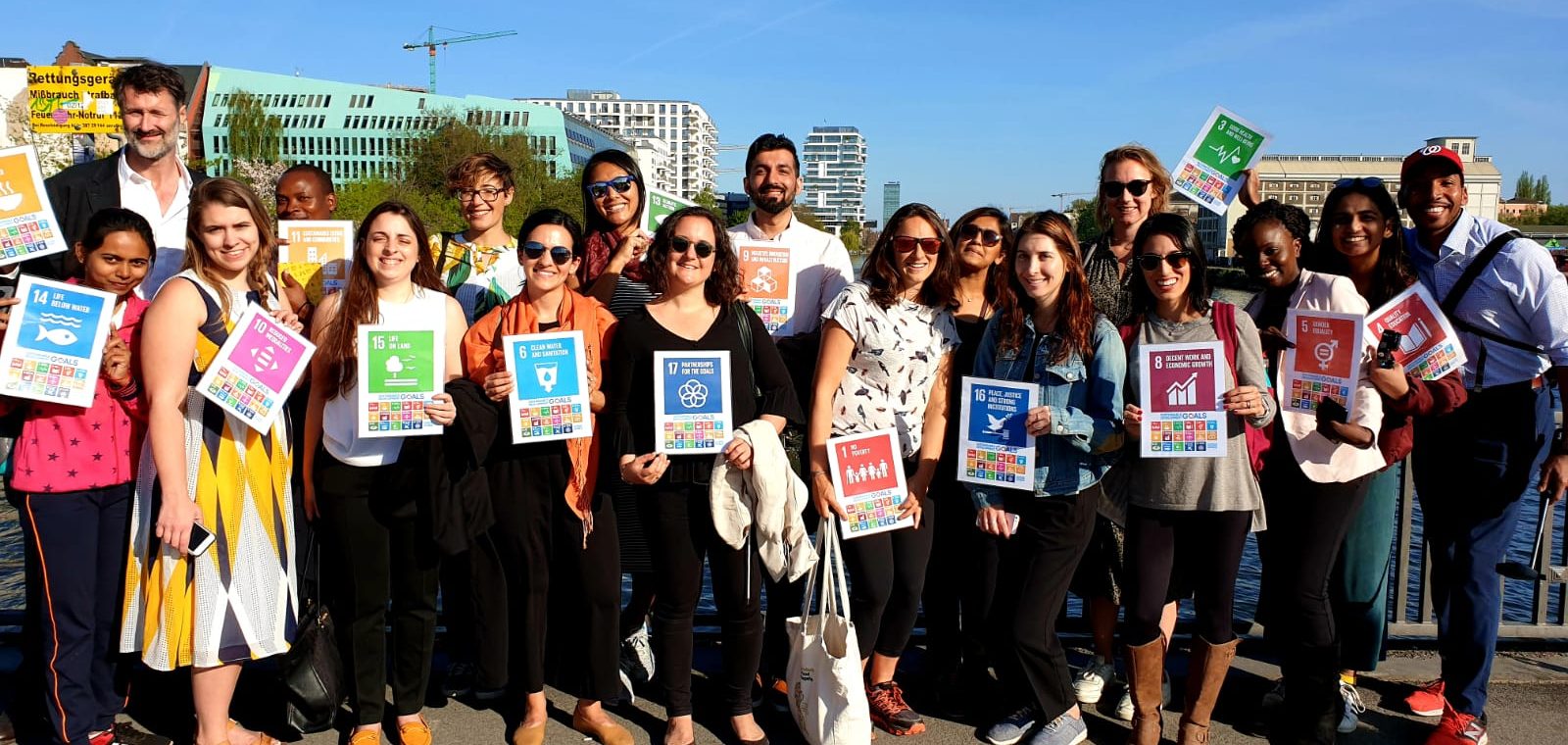
True leaders are able to coach, empower and inspire others. In this way, they increase motivation, involvement, performance, and wellbeing within their organizations. True leaders lead with empathy.
Empathy is a right-brain activity, the kind that many people consider “a touchy-feely discipline,” or a soft skill, as it’s called these days. But at its core, empathy is a beneficial currency. I have always felt that empathy is the best way to approach people; to better understand them, to make room for different feelings, opinions, and thoughts. But at the same time, I always felt it would never make me a true leader. How can I make tough decisions when I am being so understanding? When I am ‘nice’ and ‘soft’ to people?
The 10-day residential session at the WISE Emerging Leaders Fellowship has taught me otherwise. Empathy is not a “soft skill,” but rather a life skill that is essential for every human being on the planet, and more so for effective leaders.
When playing ‘empathy box’ with the Emerging Leaders team, conversations were used to cultivate empathy. These were open and honest conversations about our deepest concerns, regrets or grief. All these strong and intelligent people in the room were dealing with insecurity, pain, and uncertainty in their lives as well. Did it make them less of a leader after sharing their stories? Did it reduce their confidence? Although I didn’t share a story myself, it did make me realize that all the conversations being shared were reflective of the world around us. So as individuals and as leaders, we need to share conversations like this.
Sometimes leaders need to get out of their own shoes and put on someone else’s to truly understand what is happening around them. Cultivating empathy is a leadership skill that allows us to generate bonds of trust. It gives us insight into what others are feeling and thinking, and it helps us understand their reactions. At its core, empathy informs our decision making by sharpening our perceptions and intuition. True leadership, as Simon Sinek states, is about empowering others to achieve things they didn’t think was possible. These leaders “prioritize the wellbeing of their people and, in return, their people give everything they’ve got to protect and advance the wellbeing of one another and the organization.”
However, to lead with empathy and to focus on the wellbeing of others also means to prioritize our personal wellbeing. When, as they tell us on airplanes, we put our own oxygen mask on first to become more effective leaders. In the ‘fishbowl conversation’ we had about wellbeing, it made more and more sense to me that ‘acting strong’ is not the same as being well. And being open and vulnerable about not being well doesn’t make any of us less of a leader. Sharing these experiences with each other were really valuable to me. I promised myself to really focus on wellbeing once I returned to work.
But I found that as the work piled up, self-care often took a back seat to other more ‘pressing’ priorities. It often came from a good place though: a desire to put forth our best effort and do as much as possible. People can be very effective on the short run by working this way. However, it will definitely become a problem when we constantly put ‘achievement’ ahead of our health. I used to act like this for years, very afraid to be seen as ‘weak’. It is also a coping mechanism not to think about the poor condition of my health as well. I always thought that when it was not there, there was no need to act on it. Now I know that taking care of our personal wellbeing is not weak. It is in fact one of the things we need enormous strength for. Personal wellbeing is needed to achieve universal wellbeing. How can we empower others if we are not well?
True leadership, therefore, isn’t the stronghold of just a few who sit at the top. It’s the responsibility of anyone who belongs to a group, and that means all of us. We all need to step up, take the risk and put our concerns second – not always, but when it counts.


